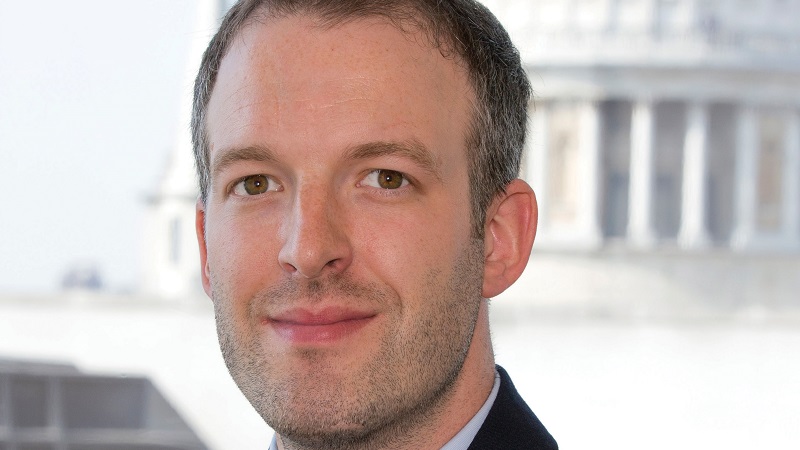Schroders’ multi-manager team has fallen under the spotlight for poor performance in the asset manager’s first value assessment, which has also called for a number of changes to fees across the UK-domiciled fund range.
Four of the six portfolios in the Schroders MM range were singled out for poor performance in the period ended 31 December 2019. They were the Diversity Balanced, Diversity Income, Diversity Tactical and UK Growth funds.
Collectively, the funds, which are co-managed by Robin McDonald (pictured) and Joseph Le Jehan, represent £284.1m.
A handful of other funds were also singled out, albeit two had been run by a manager who has since departed, and one is not marketed externally.
Multi-manager funds get a pass on fees despite being more expensive than peers
The fund board, headed up by James Rainbow, also pulled up three of the multi-manager funds for their expensive ongoing charges: Schroders MM Diversity Balanced, MM International and MM UK Growth, which charge between 1.35% and 1.40%. But in each case the board concluded that on further analysis the amounts charged were “reasonable and appropriate in light of the fund’s investment objective and limited available capacity”.
The MM Diversity Tactical got deemed good value on a cost basis despite having an OCF of 1.39%, similar to the other funds in the range deemed expensive.
The Schroder MM Diversity Income and MM Diversity funds had lower OCFs of 1.11% and 1.23% respectively.
The largest fund in the range, the £395.2m Schroders MM Diversity fund, was given a clean bill of health, across both performance and six other factors, including costs and economies of scale.
Performance on the £182.2m Schroders MM International fund prompted the fund board to conduct a further review on the product, but it was ultimately deemed to be delivering value.
Schroders fund board reassured by exit of Matt Hudson
McDonald’s funds weren’t the only to be called out for poor performance.
Several funds managed by Matt Hudson before his departure in February were highlighted for underperformance.
Hudson’s UK Opportunities fund was said to have underperformed due to its value tilt and stock specific issues, including a holding in Thomas Cook. The fund was handed over to Alex Breese in December 2019 before the departure of Hudson.
The fund board was also reassured by fund manager changes on Hudson’s other fund, UK Alpha Income. The fund suffered the same underperformance issues with Provident Financial and Capita among the stock specific issues. Sue Noffke and Matt Bennison took over management of the fund in February.
Despite the Schroders European Smaller Companies fund not delivering consistent value, according to the value assessment, the fund board stated it was confident the strategy “should make for positive portfolio performance in the future”. It pointed to “remedial” action taken by the team, such as selling investments, adjusting sector positioning and adjusting the size of positions.
The future of two further funds are currently under review: Schroder European Equity Absolute Return, which was run by Steve Cordell until Bill Casey and Nick Kissack took over in 2018, and Schroder Advanced Beta Global Equity Small and Mid Cap, which is not marketed externally.
Investors to save £8m from fees shake-up
The board also announced a series of changes to fees off the back of the value assessment.
There will now be scale discounts for funds larger than £1bn, nearly 26,000 investors have been moved to cheaper share classes and fees were reduced on some specific funds.
Schroders said these changes would amount to around £8m worth of savings for investors.










